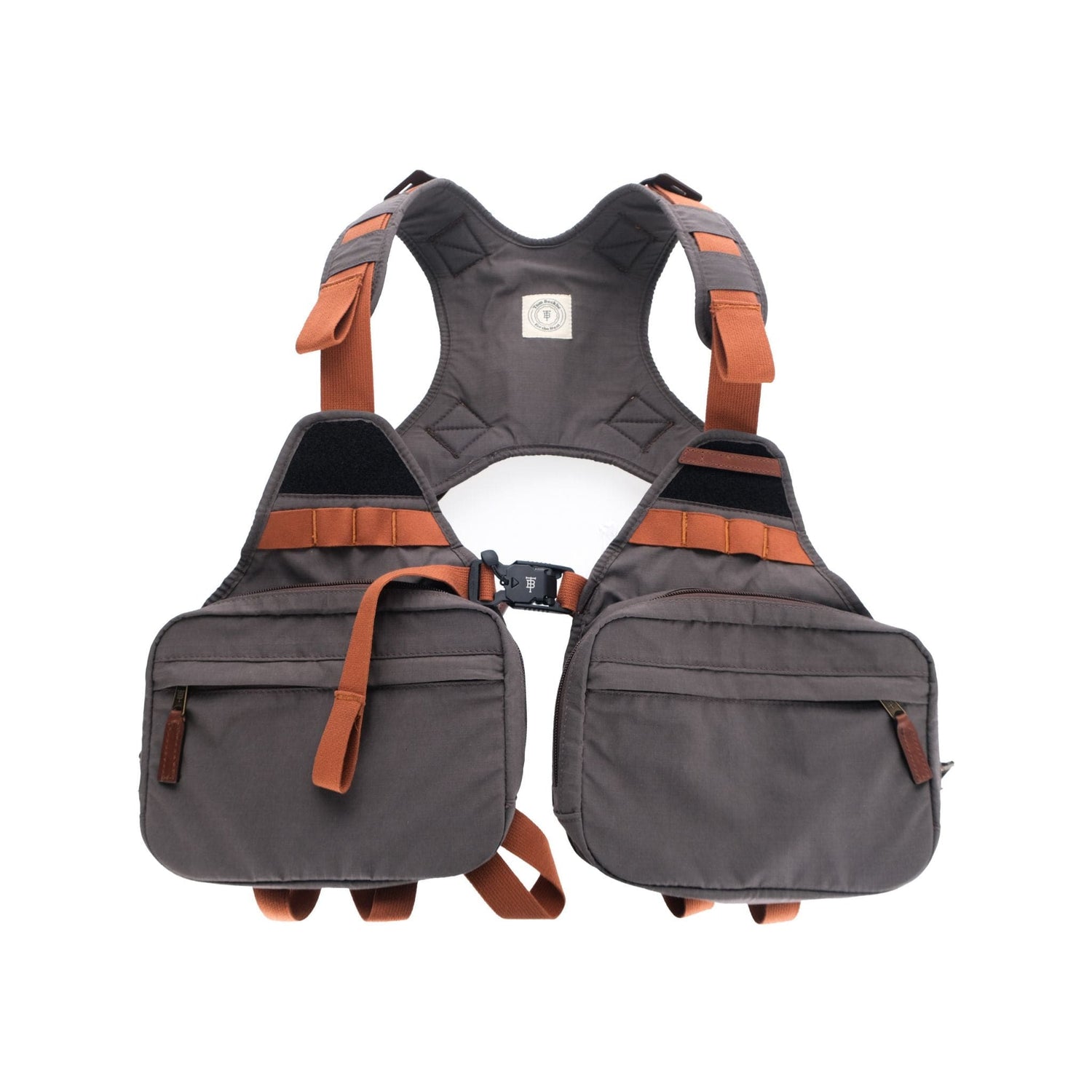I’ve learned a lot of languages in my day. First came Latin, beginning my freshman year in high school. In college I added Italian and Ancient Greek. And for my Ph.D., I had to attain proficiency in French and German – the professor who graded my German exam wrote “Low Pass” on the cover of the blue book, and my competence at that language has only waned since.
But the most difficult language by far was Ancient Hebrew. When I first took it, as required, in seminary, it seemed like backward chicken scratches. And we studied the Masoretic text, completed sometime in the ninth century CE, which added vowels and accent marks that weren’t in the original. Imagine trying to learn that language with only consonants, and no spaces between the words.
The anxieties of learning Hebrew came flooding back to me when I got a text from a guy I’d never met. A friend heard that I was taking my first fly fishing trip, and she connected me to her friend in Durango, Colorado, just an hour from where I’d be angling.
“Pats rubber legs and flashback pheasant tails were go to patterns and we simply fished them under a strike indicator,” he texted me. “Large brown trout should be taking streamers without thinking twice.”
I had no idea what he was talking about. Backward chicken scratches.
***
I’d put off fly fishing for years. You’ve got to get into fly fishing! said everyone to me, all the time. You’ll never cast a conventional rig again!
Being a contrarian by nature, their enthusiasm alone was enough to put me off. Then there was the thought of buying a bunch of expensive gear for a new hobby, and the time required. Not to mention learning an entirely new language: rod weights, innumerable flies, new knots; line vs. leader vs. tippet; casting vs. stripping vs. mending.
So I put it off. I told my evangelistic fly fishing friends that I was too busy raising kids, that I’d give it a try once I was an empty-nester. Then my last child left for college, and rods started arriving at my house. Three rods, in fact, were given to me as gifts, along with reels and flies.
And then a friend called my bluff. He and I would each be speaking at a conference in Denver in October, and he had a week free before his next speaking gig in Boulder. “Let’s go down to Southern Colorado and fly fish,” he said.
“I have some gear,” I said. “But I don’t know anything about fly fishing.”
“That’s alright,” he said. “I’m a good teacher.”
I already knew that, because Brian has taught me a lot over the years – about writing and compassion and life.
We pulled out of Denver on Sunday morning, made it to Buena Vista before 9am, and stopped in a fly shop in which Brian taught me my first lesson.
“Did you see how reluctant that guy was to give us intel?” he said when we were back in my truck. “Then I spent $65 on flies and he was suddenly a font of information. That’s how it works.”
We went where the guy told us, to a bend in the Arkansas River near a railroad bridge. I pulled the tags off my never-before-worn waders and pulled them on. Then I asked Brian which of my rods should I use – 4, 5, or 7 weight. And which reel goes with which rod. And which fly – it turns out you tie on two flies! Oh, and it’s not called a bobber, it’s an “indicator.”
And so the teaching commenced.
Within an hour, I’d hooked my first trout, a nice Brown. Brian came jogging up the river with his net and a face full of joy. And over the next four days, the teaching continued. I started to learn how to fly fish. I learned that the roll cast is usually more effective that what I’d seen in the movies, confirmed after my back cast resulted in a couple epic snarls. I learned that tight-line nymphing, while not particularly exciting, is often successful.
On our final day, we purchased more flies and thus acquired more intel from a fly shop in Pagosa Springs, leading us out of town (and blessedly out of cell range) into the valley that’s home to Williams Creek. For six straight hours, we fished, moving our way upstream. We hooked into Rainbows and Browns, and Brian caught his first-ever Tiger trout.
And for me, it all came together. I’m not quite fluent, but I can speak the language.
And I’m thankful for a good teacher.
About the Author
Tony Jones is the author of The God of Wild Places (forthcoming, 2024). He's a theologian, professor, and award-winning outdoors writer, the author of a dozen books, and the host of the Reverend Hunter Podcast. Tony lives in Minnesota with his wife and dogs.


















